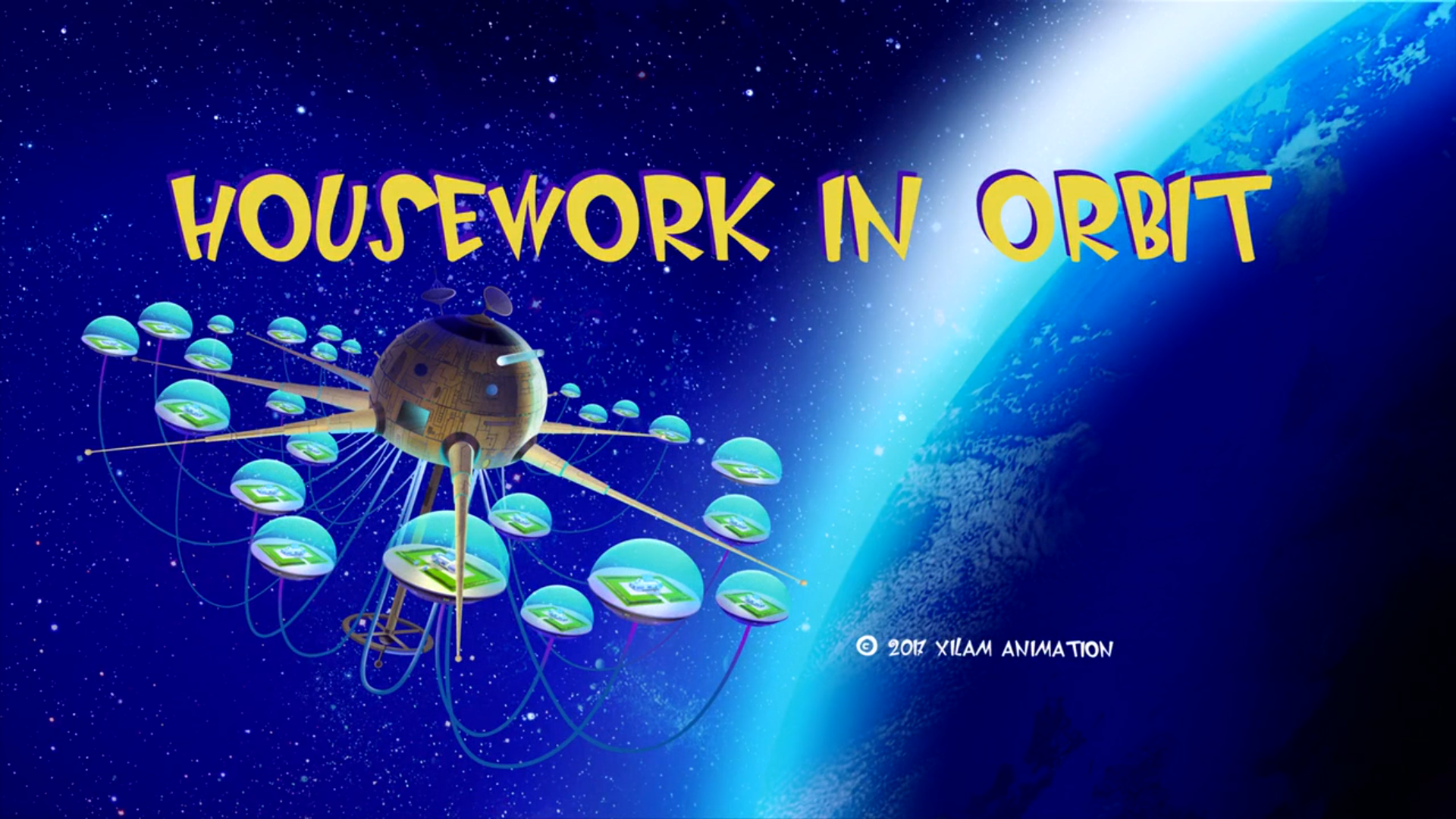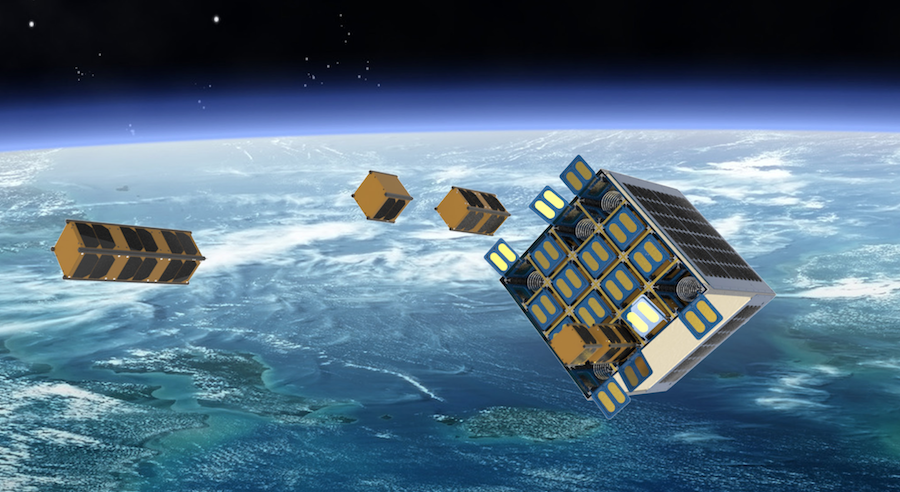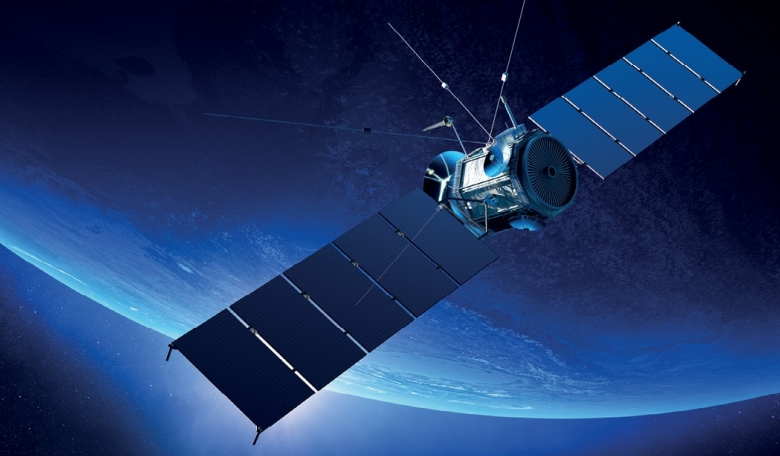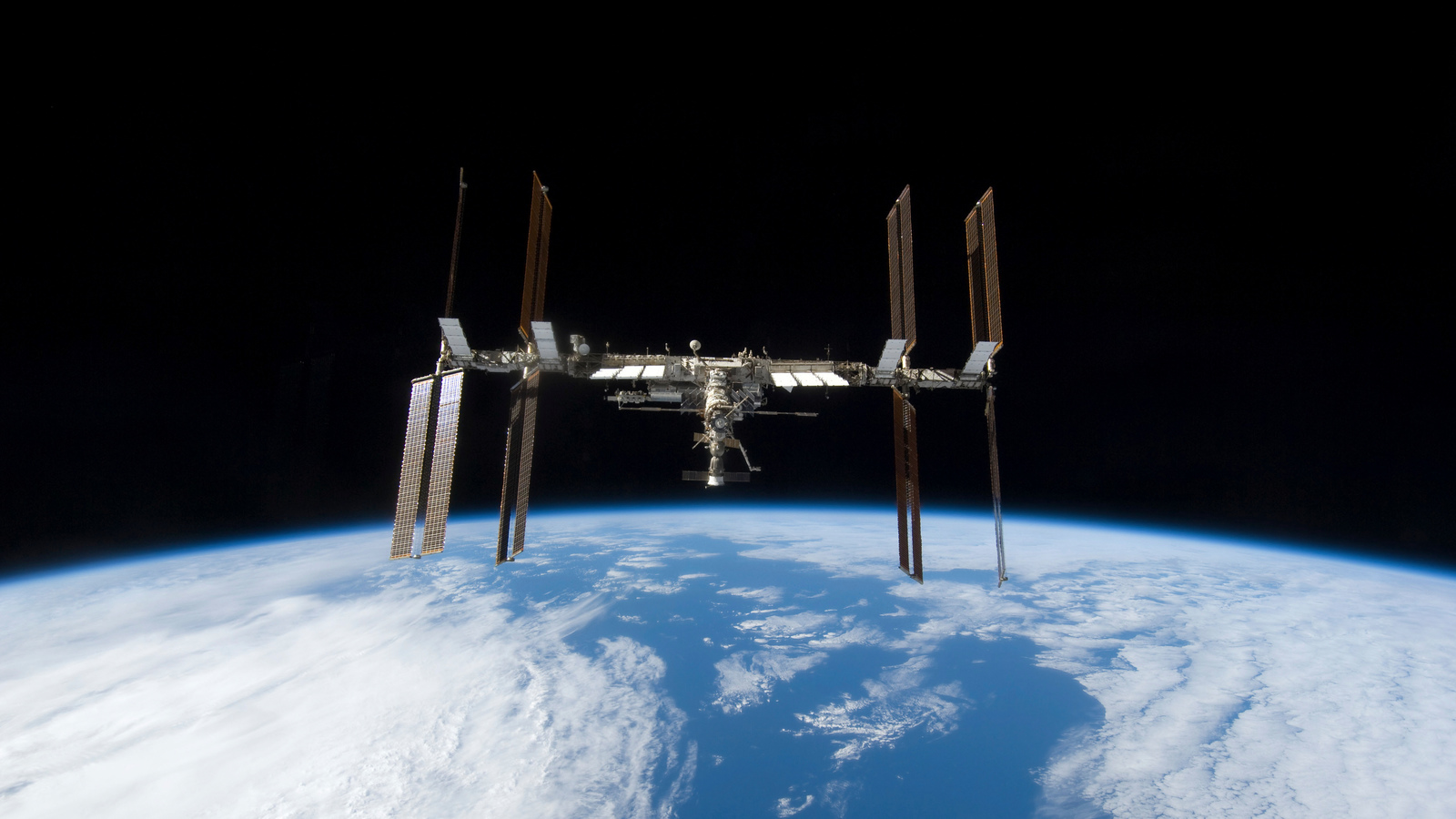In Orbit
An astronaut blasting into low Earth orbit likely has many things on his or her mind. Is my seatbelt strapped? Did the booster rocket ignite? Did I leave the front door unlocked this morning?
They are likely not considering, however, that they are entering a conflict zone of a decades-old battle at hundreds of miles per hour. It is a conflict which has been waged in speech and writing, in print and broadcast—a war that, despite its seeming importance, has received little previous attention.
The battle is this: When that astronaut, or a satellite, or the moon, is whizzing around the Earth, is it properly said to be in orbit or on orbit? Hackintosh for mac os x.

- Orbit is the leader in commercial and home irrigation systems, outdoor timers, thermostarts, and gardening tools.
- Orbit In to the Palm Springs modern vibe, and leave your worries behind as you lounge in luxurious mid-century style. Breathtaking mountain views, poolside breakfast and cocktails, cruiser bikes and spa services - all served up at a small boutique hotel called the Orbit In.
Putting Smart in your Smart Yard. The B-hyve Sprinkler Timer allows you to water smart by helping you make watering decisions based on the ecological needs of your yard, while giving you the freedom to control your watering from anywhere with your smartphone.
I know. “On orbit” struck me as strange, too, the first time I heard it. That’s because “in orbit” dominates mainstream press accounts. There’s a 1982 UPI story, for instance, that deploys it in both headline and lede: “Nighttime Sun Mirrors In Orbit Called Feasible.” The story begins:
A space agency study reports that the technology is available to place a series of half-mile-wide solar reflectors in orbit to provide the light of 56 moons and illuminate major population centers at night.
Alas, the usage lasted longer than the plans to build a giant solar nightlight. Twenty years later, the New York Times ran a piece in its design section on astronaut interior decor:

Dr. Tom Jones spent 18 days in orbit in 1996 with four people in a cabin the size of two minivans.
Some extremely shoddy data journalism reveals in orbit to be the canonical press version. Certainly it’s the usage preferred by major news organizations. In a highly unscientific Google Fight, in orbit overwhelmingly bested its prepositional rival on the websites of the Times, CNN, and this very magazine.

But turn to NASA’s website itself and things get a little muddier. The daily reports from the International Space Station deploy the lesser-used preposition. They are, in fact, called the “on-orbit status reports.” A 2001 edition of the agency’s internal Orbital Debris Quarterly News celebrates the “History of On-Orbit Satellite Fragmentations.” And “on orbit” appears in the official NASA style guide—its two words, the guide instructs, should be hyphenated when used as an adjective or adverb—whereas “in orbit” does not.
Recommended Reading
Fish Sticks Make No Sense
Ute Eberle and Hakai Magazine
Recommended Reading
Fish Sticks Make No Sense
Ute Eberle and Hakai Magazine
But the agency doesn’t completely eschew “in orbit.” The phrase appears, in fact, on one of NASA’s sites intended for kids. “How Do Objects Stay in Orbit?”, asks the explainer, “What Is Orbit?” And yet another unscientific Google Fight reveals that NASA uses “in orbit” slightly more than “on orbit.”
I was flummoxed. The agency seemed to endorse one phrase but opt for the other. So I contacted one of the keepers of the NASA style guide, Stephen Garber. (Officially, Garber works at the agency’s D.C.-located history office.)
Garber, it turned out, didn’t know either. He’d never considered the question before, he said. He also cautioned that the agency style guide didn’t actually endorse one usage or the other: It just happened to list “on orbit” as an example of a compound word that NASA employees might need to use. Neither of the two phrases, he added in a later email, even appeared in Paul Dickson’s definitive Dictionary of the Space Age. But he’d consult with his colleagues at the Washington-located NASA History office and get back to me.
In Orbit Clark Terry
Richard Spencer, another employee at the office, wrote back. He’d researched the question in 2006, and what he found was… inconclusive.
“I have been unable to locate any formal explanation of the difference or any directive changing the way NASA uses terminology,” he said in an email. A records search that year indicated “in orbit” still exceeded “on orbit,” though he said he felt, anecdotally, that use of “on orbit” was increasing. And while he couldn’t compare 2000s-era usage to the 1960s or ’70s, he elaborated on why writers tend to pick one phrase or the other:
It appears from reading the returns, that ‘in orbit’ is used to describe the placing of a satellite or object OR to its specific location. ‘On Orbit’ typically is used to refer to where an action, experiment, or operation is taking place. In other words, the space shuttle is described as being ‘in orbit,’ while the experiments conducted on the shuttle are referred to as being conducted ‘on orbit.’
So NASA offered no clear answer. To find perspective amid these clashing prepositions, I decided to seek sage wisdom from the man who had written the book on them. Literally: Seth Lindstromberg, a professor living in the U.K. and the author of English Prepositions Explained.
“In my view, ‘in orbit’ reflects/conveys the image of an orbit as a line (albeit looped) that one can be in just like one can stand in line or move in just like planes could fly in a line,” Lindstromberg wrote in an email.

First American In Orbit
But the other phrase seemed to catch his fancy more. His answer helped me understand on orbit more, clarifying a sense I still found peculiar. He wrote (and I’ve cleaned up his email, a little):

‘On orbit’ is interesting. It's not something I would say, but then I'm not an engineer hoping that a spaceship is ‘on target’ so that it makes contact with the orbit planned for it and then stays there. On, when it's used literally (which is nearly the case here apparently) is all about contact, as in on track:in contact with it, not off it. (I leave aside the so-called adverbial on that we see in, say, ‘go on talking despite heckling from the crowd.’)
In Orbit Film
In other words, on orbit is an engineer’s phrase, a word deployed to indicate alignment with precise, pre-ordained paths. A rocket is not just in orbit—it has assumed that orbit, achieved it, is on it. In the other sense, meanwhile, an orbit is like a room, a generalized place where things can happen.
In Orbit Movie
Perhaps there will be no final victor in the great in/on-orbit conflict. In still strikes me as the intuitive choice, but maybe that’s a press-trained ear. And I’m struck by Richard Spencer’s sense that the use of on seems to be increasing. It suggests that as we extend our reach in space, we will extend our language too, turning to terms not only contrived but also common to describe situations both more specific and more quotidian.
